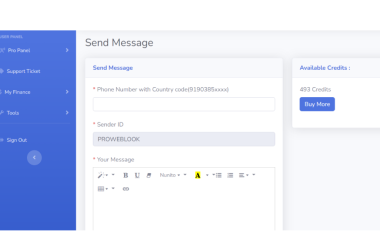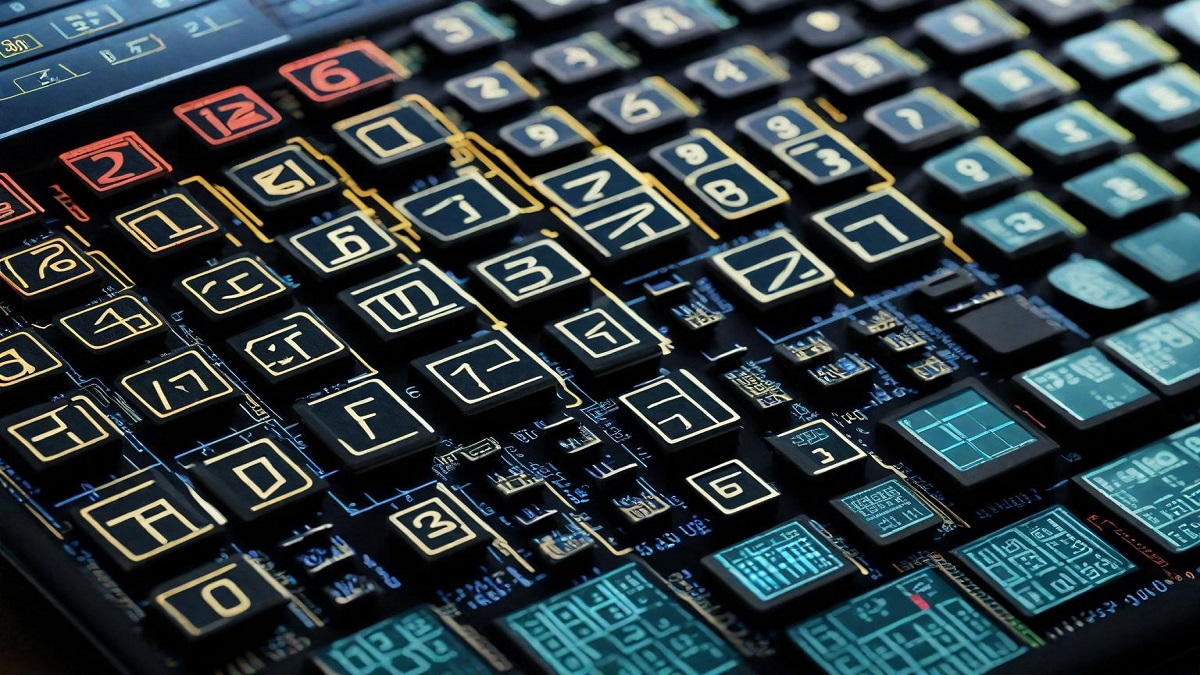Introduction: Power of Decimal Converter Calculators.
In the realm of mathematics and computer science, numerical conversions play a pivotal role in various computations and programming tasks. Among these conversions, decimal conversions stand out as fundamental operations, frequently encountered in both academic and practical scenarios. To streamline and expedite these conversions, Decimal Converter Calculators have emerged as indispensable tools, offering efficiency and accuracy in transforming numbers between different numeral systems. This article delves into the intricacies of Decimal Converter Calculators, exploring their significance, functionality, applications, and the advantages they bring to users.
Understanding Decimal Conversion.
Decimal conversion involves the transformation of numbers from the decimal system, which is based on powers of 10, to other numeral systems such as binary, hexadecimal, or octal, and vice versa. Each numeral system has its base and corresponding set of digits. For instance, binary is base-2, hexadecimal is base-16, and octal is base-8. Decimal Converter Calculators facilitate seamless conversion between these systems, enabling users to perform computations effortlessly.
Functionality of Decimal Converter Calculators.
Decimal Converter Calculators come in various forms, ranging from simple online tools to sophisticated software applications. Regardless of the complexity, these calculators share common functionalities aimed at simplifying numerical conversions:
1. Decimal to Binary Conversion: Converts decimal numbers into binary equivalents, facilitating binary arithmetic and digital logic operations.
2. Decimal to Hexadecimal Conversion: Transforms decimal numbers into hexadecimal representations, crucial for programming and addressing memory locations.
3. Decimal to Octal Conversion: Converts decimal numbers into octal counterparts, particularly useful in computer science and telecommunications.
4. Binary to Decimal Conversion: Reverses the process by converting binary numbers back into decimal form, aiding in data interpretation and analysis.
5. Hexadecimal to Decimal Conversion: Performs the inverse operation of converting hexadecimal numbers to decimal, facilitating readability and computation.
6. Octal to Decimal Conversion: Converts octal numbers into their decimal equivalents, ensuring compatibility with decimal-based systems.
Applications of Decimal Converter Calculators.
The versatility of Decimal Converter Calculators lends itself to a wide array of applications across different domains:
1. Computer Programming: Programmers frequently utilize Decimal Converter Calculators to convert between decimal and binary, hexadecimal, or octal representations when working with machine code, bitwise operations, or memory addresses.
2. Digital Electronics: Engineers rely on these calculators to translate decimal values into binary or hexadecimal codes for designing circuits, microprocessors, and digital systems.
3. Mathematics Education: Teachers and students leverage Decimal Converter Calculators to illustrate numerical conversions, fostering a deeper understanding of numeral systems and their properties.
4. Financial Calculations: Professionals in finance and accounting employ Decimal Converter Calculators to convert currency rates, interest rates, or monetary values between different bases for accurate computations.
5. Data Analysis: Researchers and analysts use Decimal Converter Calculators to convert numerical data into different formats for statistical analysis, data visualization, and reporting purposes.
Advantages of Decimal Converter Calculators.
Decimal Converter Calculators offer several advantages over manual conversion methods:
1. Accuracy: These calculators ensure precise conversions without the risk of human error, enhancing the reliability of numerical computations.
2. Speed: By automating the conversion process, Decimal Converter Calculators save time and effort, allowing users to focus on higher-level tasks.
3. Convenience: Accessible through various platforms, including web browsers, mobile apps, and desktop software, Decimal Converter Calculators offer convenience and flexibility to users.
4. Educational Value: These calculators serve as educational tools, aiding students in learning numerical systems and improving their computational skills.
5. Compatibility: Decimal Converter Calculators support a wide range of numeral systems and data formats, ensuring compatibility with diverse applications and requirements.
Conclusion.
In conclusion, Decimal Converter Calculators represent indispensable tools for simplifying numerical conversions across different numeral systems. Whether used in computer programming, digital electronics, mathematics education, finance, or data analysis, these calculators offer accuracy, speed, convenience, and educational value to users. By harnessing the power of Decimal Converter Calculators, individuals can navigate seamlessly through the complexities of numerical computations, unlocking new possibilities and enhancing productivity in various domains.
Kindly check our website Proweblook for more Web API tools. More resources can be found on our Github page, Social Channels are Twitter, Facebook & Youtube.








